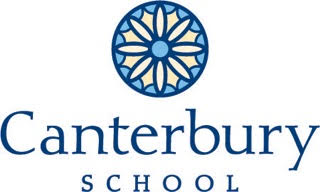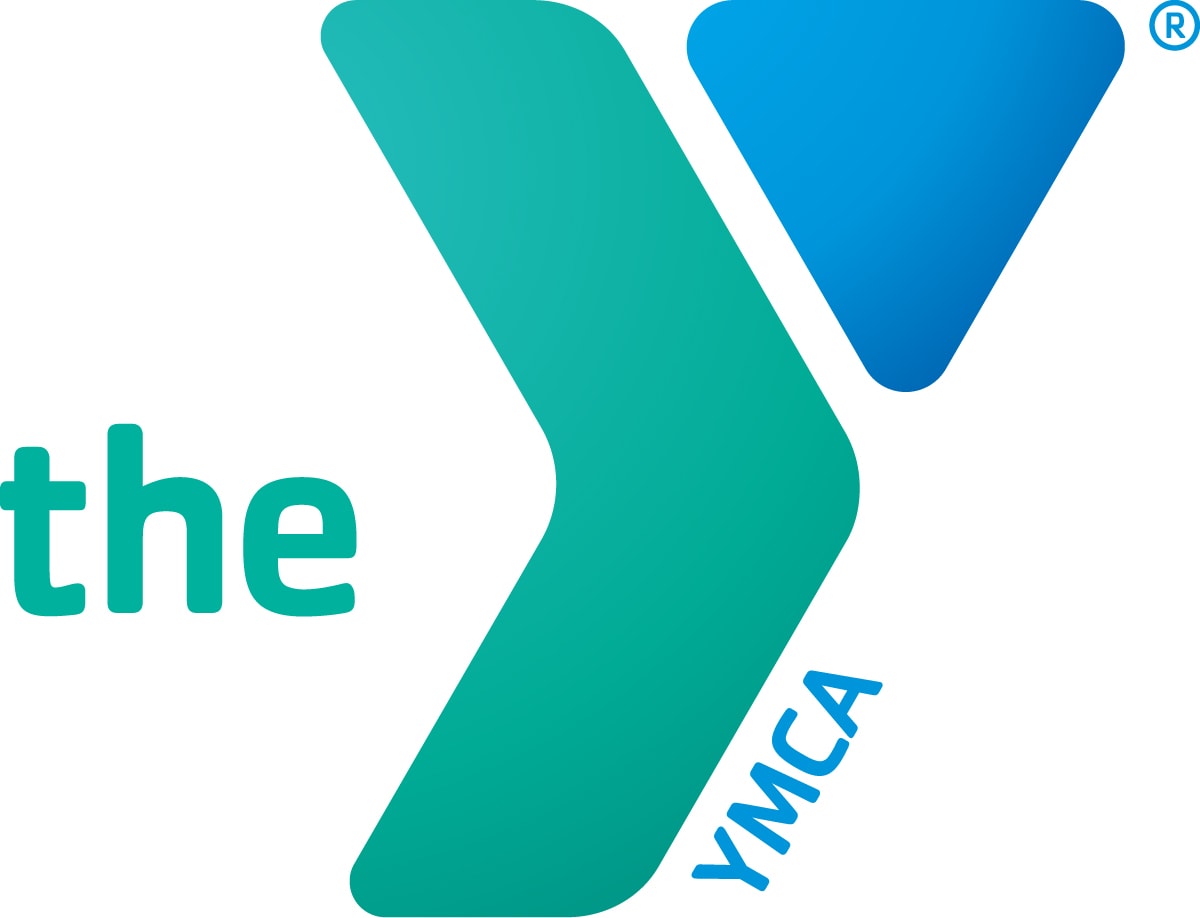By Guest Blogger Roanne Ornelles, Canterbury School Director of Lower School
Historically, PreK wasn’t considered important enough to make it mandated by the state, but as we’ve learned more about early childhood development, that thinking has definitely changed. I recently read Suzanne Bouffard’s book, “The Most Important Year, Pre-Kindergarten and the Future of Our Children.” She believes that the year before kindergarten sets the stage for a child’s entire educational life. I would agree!
In the book, Bouffard notes that, “Decades of research show that children who have stronger social and emotional skills are more likely to succeed in school in early childhood and beyond. Children who can listen, pay attention, and inhibit impulses like talking without being called on are more able to take in information the teacher is presenting. Those who know how to make friends and navigate conflicts tend to be more well-liked by their classmates and teachers, which ends up providing them more opportunities to learn and get positive feedback.” (page 22)
 Those social-emotional skills – listening, following directions, sustaining attention, waiting for feedback – are known as executive functioning. As Bouffard says, “Executive functioning is crucial for school success – perhaps even more important than knowing letters and numbers.” (page 106)
Those social-emotional skills – listening, following directions, sustaining attention, waiting for feedback – are known as executive functioning. As Bouffard says, “Executive functioning is crucial for school success – perhaps even more important than knowing letters and numbers.” (page 106)
I’m not proposing that there should be no academic skill goals in a PreK program. I am saying that learning skills looks different in a quality PreK classroom than in later years. At an early age when children are just beginning to develop executive functioning, everything children do is a learning opportunity. When it seems like they’re “just” drawing a picture, they’re developing planning skills, fine-motor skills, creativity, story telling skills, color concepts, visual-spatial skills and patience. A good PreK program has a play-based curriculum designed with intentionality and structure that facilitates learning. We need to teach students how to learn, so they can be lifelong learners.
What should you look for when considering a PreK program? First, visit the school so that you can see the classroom in action and talk to the teachers. Look for:
- Children who are fully engaged, enjoying and initiating activities, and playing with other children
- Activities that keep the students’ interests in mind
- Teachers interacting with children at their eye level and with a warm nurturing voice
- Children’s work on the walls and in portfolios
- Teachers who are knowledgeable about child development and are always eager to learn more
- Teachers who can connect and communicate with children and parents
 Teachers are the most important element in a classroom when it comes to student success. At Canterbury, we have two teachers in each Pre-K classroom, and they are highly knowledgeable in child development, curriculum, and how to communicate with parents and students. Canterbury’s kindergarten teachers will tell you that students who have attended Canterbury’s Pre-K program for one or two years are much better prepared for kindergarten than students coming to us from most other programs.
Teachers are the most important element in a classroom when it comes to student success. At Canterbury, we have two teachers in each Pre-K classroom, and they are highly knowledgeable in child development, curriculum, and how to communicate with parents and students. Canterbury’s kindergarten teachers will tell you that students who have attended Canterbury’s Pre-K program for one or two years are much better prepared for kindergarten than students coming to us from most other programs.
Developmental stages can vary greatly in the young child. One child may be able to write his name, while another struggles to hold a pencil. You can’t rush developmental phases, so at Canterbury, we take children where they are – we differentiate in the classroom — and help them develop to their full potential.
 As for the length of the school day, think about what your child is ready to handle – and that may change over the course of the school year. Canterbury offers three options: a half day until 1 p.m., a full day that includes afternoon enrichment activities until 3 p.m., and a full day plus an extended day program until 6 p.m.
As for the length of the school day, think about what your child is ready to handle – and that may change over the course of the school year. Canterbury offers three options: a half day until 1 p.m., a full day that includes afternoon enrichment activities until 3 p.m., and a full day plus an extended day program until 6 p.m.
At the end of the book, Bouffard concludes, “Pre-K programs not only develop children’s social and early academic skills, they also shape how children think and feel about education. When a young child has a knowledgeable, nurturing teacher and a positive classroom experience, he comes to see school as a place that is fascinating, fun, and sometimes just a little bit frustrating (challenging) in the best possible way.” (page 255)
 That’s Canterbury’s goal for our PreK program.
That’s Canterbury’s goal for our PreK program.
Here are links with more information on PreK programs:
http://canterburygso.org/academics/early-learning-preK/
*Sponsored by Canterbury School











This is great! I work with children in the school system and I am really do see the difference between children who have had the advantage of a per-school year. Not just academically, but the difference is they know what to do in a classroom. Just wish we could provide it at affordable prices for many more families!!